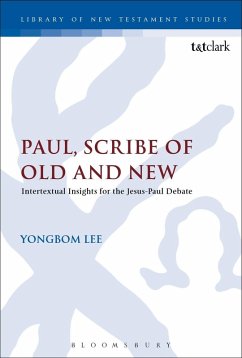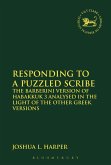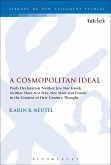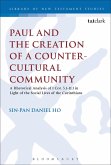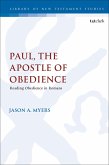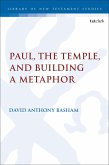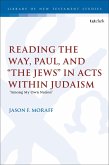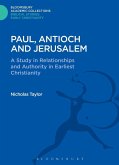In this study Yongbom Lee re-examines the old Jesus-Paul debate with insights from current studies on intertextuality in Paul. Lee identifies Paul's typical ways of handling authoritative traditions in a number of cases providing a set of expectations as to how his use of them elsewhere might look.
Lee begins by investigating the use of the Scriptures in the Rule of the Community and the Damascus Document. He then examines five cases of Paul's use of the Scriptures and contemporary Jewish exegetical traditions and three cases of his use of the Jesus tradition. Despite the skepticism concerning Paul's knowledge and appreciation of the Jesus tradition, the fact that his use of the Jesus tradition is similar to that of the Scriptures and contemporary Jewish exegetical traditions-with respect to its presumption of authority, various citation methods, and its creative application to the situation of his readers-provides the evidence for its importance to him.
Lee begins by investigating the use of the Scriptures in the Rule of the Community and the Damascus Document. He then examines five cases of Paul's use of the Scriptures and contemporary Jewish exegetical traditions and three cases of his use of the Jesus tradition. Despite the skepticism concerning Paul's knowledge and appreciation of the Jesus tradition, the fact that his use of the Jesus tradition is similar to that of the Scriptures and contemporary Jewish exegetical traditions-with respect to its presumption of authority, various citation methods, and its creative application to the situation of his readers-provides the evidence for its importance to him.

